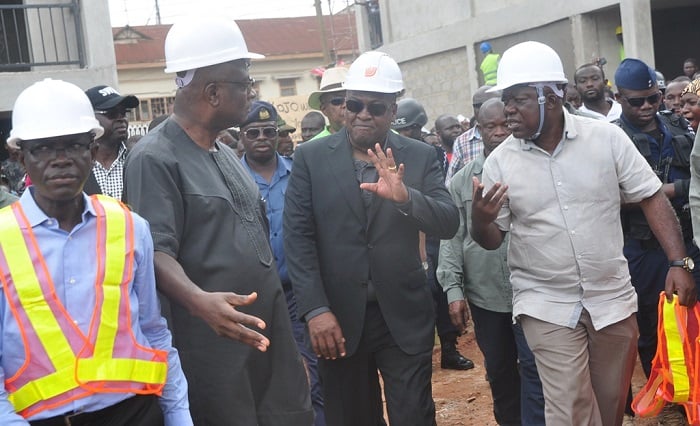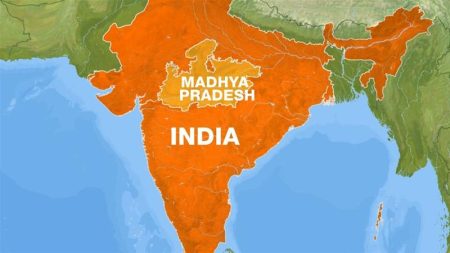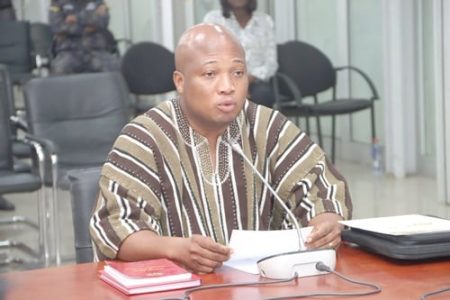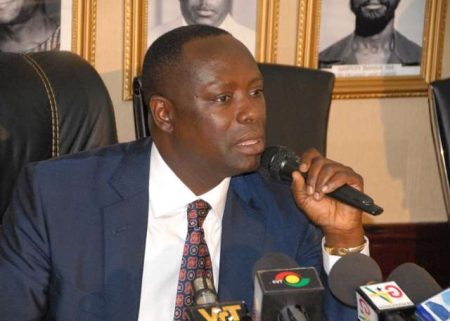President John Dramani Mahama’s directive to demolish structures encroaching upon waterways in the Mallam Junction area of Accra underscores the urgent need to address the persistent flooding crisis plaguing Ghana’s capital city. This decisive action, prompted by a recent inspection tour of flood-prone areas, aims to mitigate the devastating impact of recurring floods that have claimed lives and caused extensive property damage over the years. The President’s concern stems from the unregulated construction activities that have choked critical drainage channels, exacerbating the vulnerability of communities to flooding. His pointed questions directed at local authorities highlight the critical role of enforcement in urban planning and disaster preparedness, emphasizing the accountability of municipal officials in preventing such hazardous developments. The demolition order signals a firm commitment to restoring natural drainage systems and prioritizing the safety and well-being of residents in flood-prone areas.
Accra’s vulnerability to flooding is a complex issue rooted in a confluence of factors, primarily stemming from inadequacies in urban planning and environmental management. The city’s drainage infrastructure, often overwhelmed by heavy rainfall, struggles to cope with the volume of water, leading to widespread inundation. The indiscriminate disposal of waste, a pervasive problem further obstructing drainage channels and exacerbating the flooding, reflects a lack of civic responsibility and underscores the need for effective waste management strategies. Furthermore, the encroachment of buildings onto natural floodplains, driven by rapid urbanization and inadequate land use regulations, has significantly reduced the city’s natural capacity to absorb floodwaters. This encroachment not only constricts the flow of water but also places communities directly in harm’s way.
The Mallam Junction area, targeted by President Mahama’s directive, exemplifies the challenges facing Accra. Located within the Weija Gbawe Municipality, this densely populated area is particularly susceptible to flooding due to its proximity to the Weija Dam and its position within a low-lying basin. The construction of structures within the waterways has severely compromised the area’s natural drainage capacity, increasing the risk of severe flooding during periods of heavy rainfall. The President’s decision to prioritize demolition in this area reflects the urgency of the situation and the need to take immediate action to protect lives and property. The directive also sends a clear message that unauthorized construction will not be tolerated and that the government is committed to enforcing regulations to ensure sustainable urban development.
President Mahama’s directive, while necessary and potentially impactful, represents a reactive measure in a long-standing battle against flooding. It underscores the need for a more comprehensive and proactive approach to urban planning and disaster management in Accra. Sustainable solutions require a multi-faceted strategy that addresses the root causes of the problem, including improving drainage infrastructure, implementing effective waste management systems, and enforcing land use regulations to prevent further encroachment on floodplains. Public awareness campaigns are crucial to educate residents about the dangers of improper waste disposal and the importance of respecting natural drainage systems. Collaborative efforts between government agencies, local communities, and urban planning experts are essential to develop and implement long-term solutions that build resilience against future flooding events.
The demolition of structures, while disruptive in the short term, is a critical step towards mitigating the immediate risks posed by flooding. However, the long-term success of this intervention hinges on the implementation of complementary measures. Investing in robust drainage infrastructure is essential to ensure the efficient channeling of rainwater and prevent the accumulation of floodwaters in vulnerable areas. This includes the construction of larger drains, the regular maintenance of existing systems, and the implementation of nature-based solutions such as the restoration of wetlands, which can act as natural sponges to absorb excess water. Equally important is the enforcement of stringent land use regulations to prevent future encroachment on floodplains and waterways. This requires a concerted effort by local authorities to monitor construction activities and ensure compliance with building codes and zoning regulations.
Beyond infrastructure development and regulatory enforcement, fostering a culture of environmental responsibility is crucial to achieving sustainable flood management. Public awareness campaigns can play a vital role in educating residents about the importance of proper waste disposal practices and the detrimental impact of obstructing drainage systems. Community involvement in clean-up drives and environmental monitoring initiatives can empower residents to take ownership of their environment and contribute to long-term solutions. By addressing the root causes of flooding through a combination of infrastructure development, regulatory enforcement, and community engagement, Accra can move towards a more resilient and sustainable future, safeguarding its residents and their livelihoods from the devastating impacts of recurring floods.














